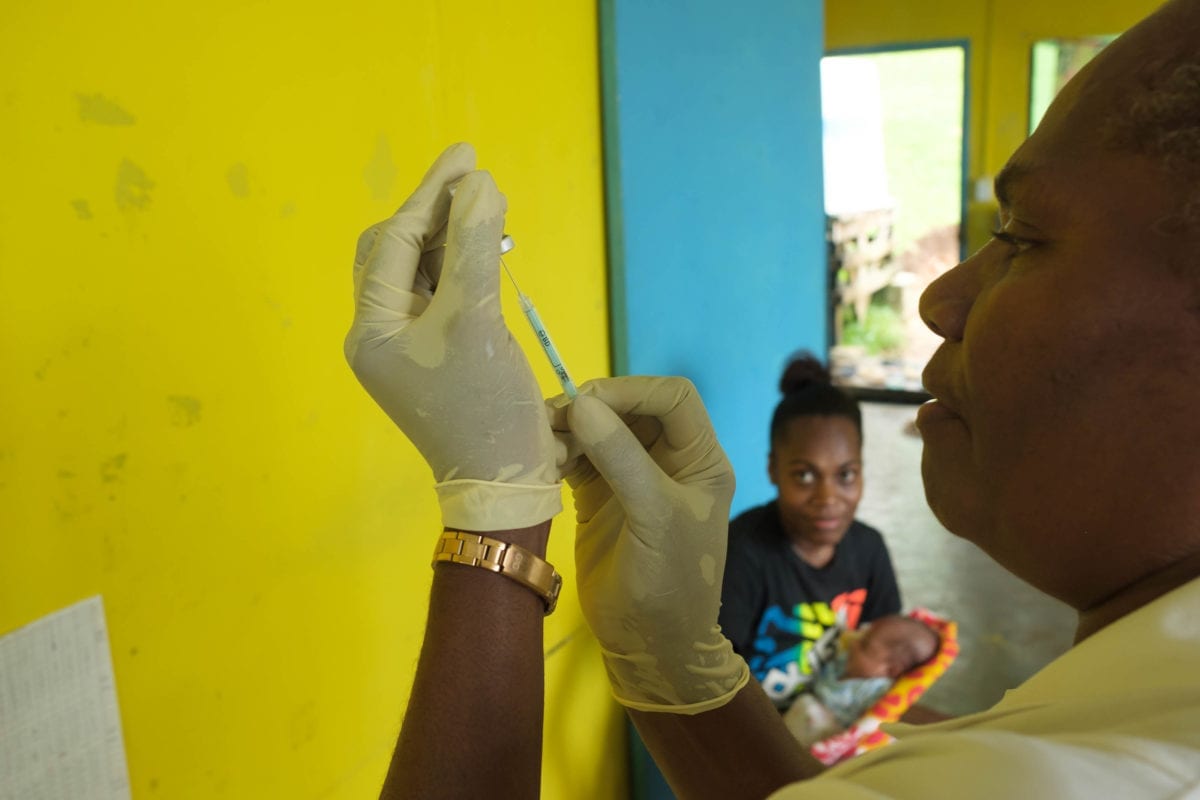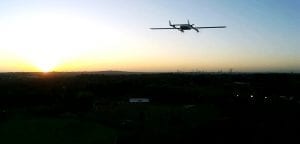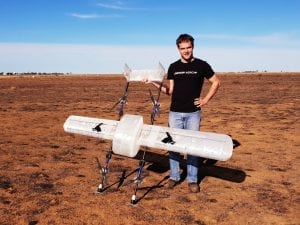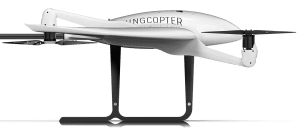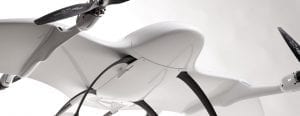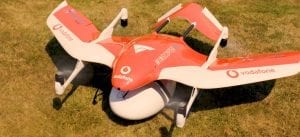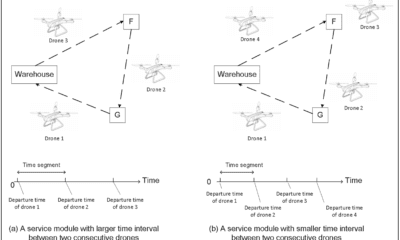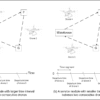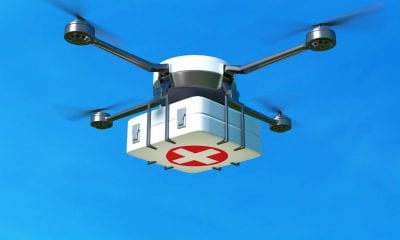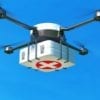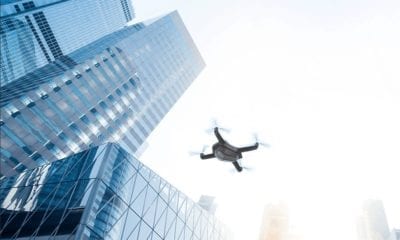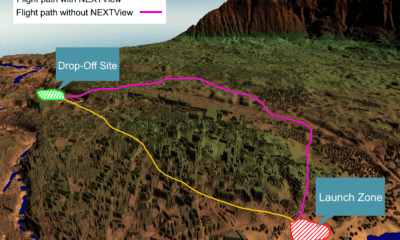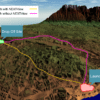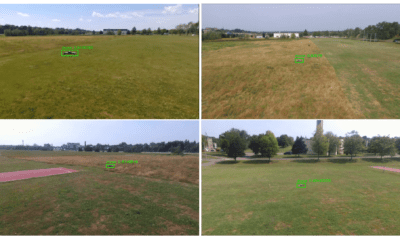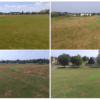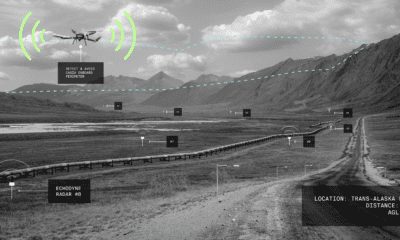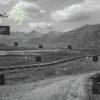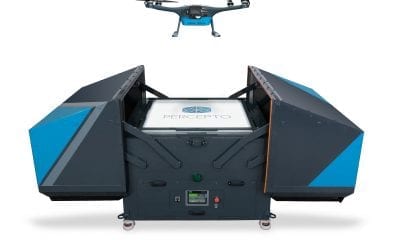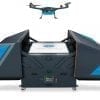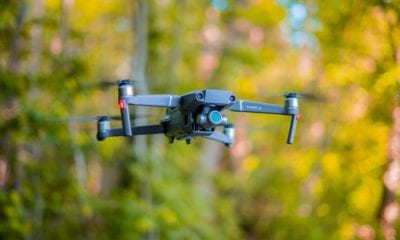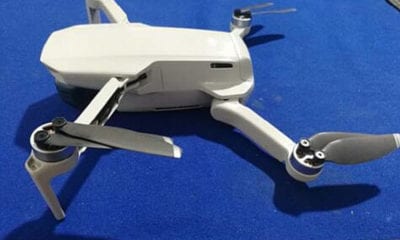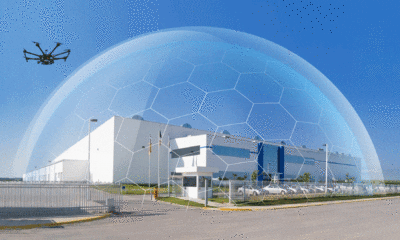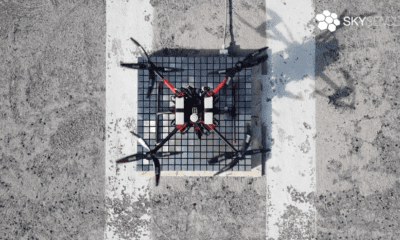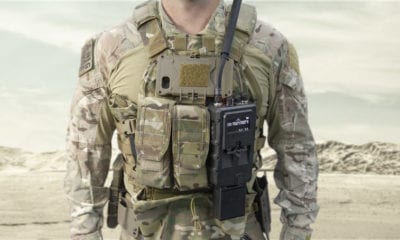Autonomous
UNICEF Backs Drones to Deliver Vaccines in Remote Vanuatu
A media release from UNICEF Australia reports that in a global first, the Vanuatu Government has awarded two international drone companies, Swoop Aero and Wingcopter, with commercial contracts to trial the use of drones with the aim of bringing lifesaving vaccines to children from remote rural islands. Two contracts were awarded to Swoop Aero Pty Ltd of Melbourne, which will enable vaccine delivery to health facilities on Epi and the Shepherd Islands as well as Erromango Island. The third contract to deliver vaccines to facilities on Pentecost Island was awarded to Wingcopter Holding GmbH & Co. KG of Darmstadt, Germany.
The first phase of the drone trials will take place during the week of 3-7 December when these two drone companies will test the viability of delivering vaccines to inaccessible areas. Vanuatu is an island country in the Pacific, an archipelago of 83 islands that covers 1,600 kilometres. Vanuatu has an infant mortality rate of 23 deaths per 1,000 births — significantly higher than developed Western nations. Approximately one-third of the inhabited islands have airfields and established roads creating considerable logistical challenges to reach, engage with and support remote communities.
UNICEF Pacific Representative, Sheldon Yett says, “UNICEF is proud to partner with the Vanuatu Government in such an innovative initiative to trial drones for delivering a reliable supply of vaccines to children living in remote communities. The challenges of reaching children in the remote islands of Vanuatu are immense; nurses often walk several hours to deliver vaccines to health clinics in these communities. This technology is a step towards reaching those children most at risk.”
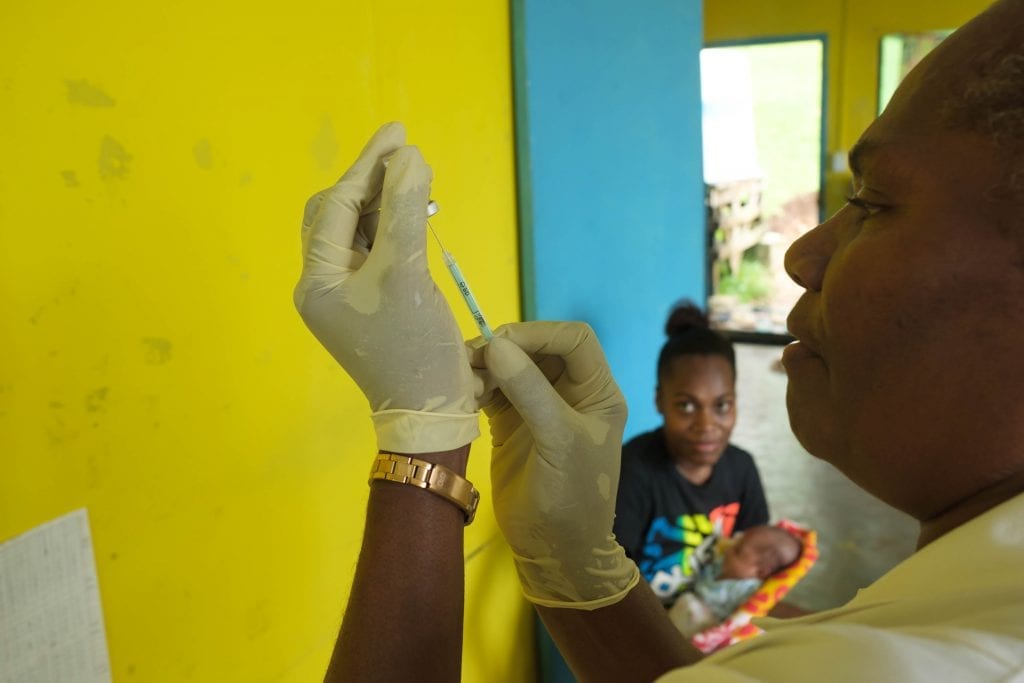
Nurse Practitioner Marie Paul Luwuslili, Tsingbwege Dispensary,
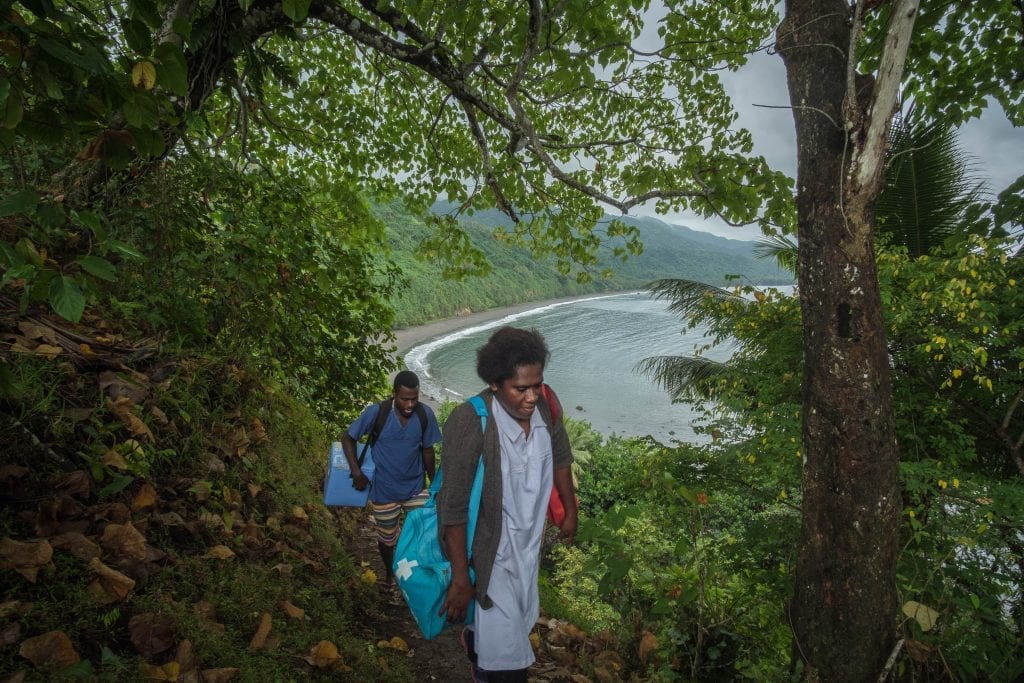
Midwife Roslinda Narwayen, Vaimali Health Centre, Epi Island. Roslinda and her assistant on a 3 hour hike down the coastline to deliver vaccines for an MCH clinic at Ngala village. Because there are no fridges store vaccines, the vaccines must be administered immediately at journeys end. She spent three days trying to contact the nurse at the distant health centre but because of limited communication network, she decided to just go. Credit: UNICEFPacific/2018/Chute
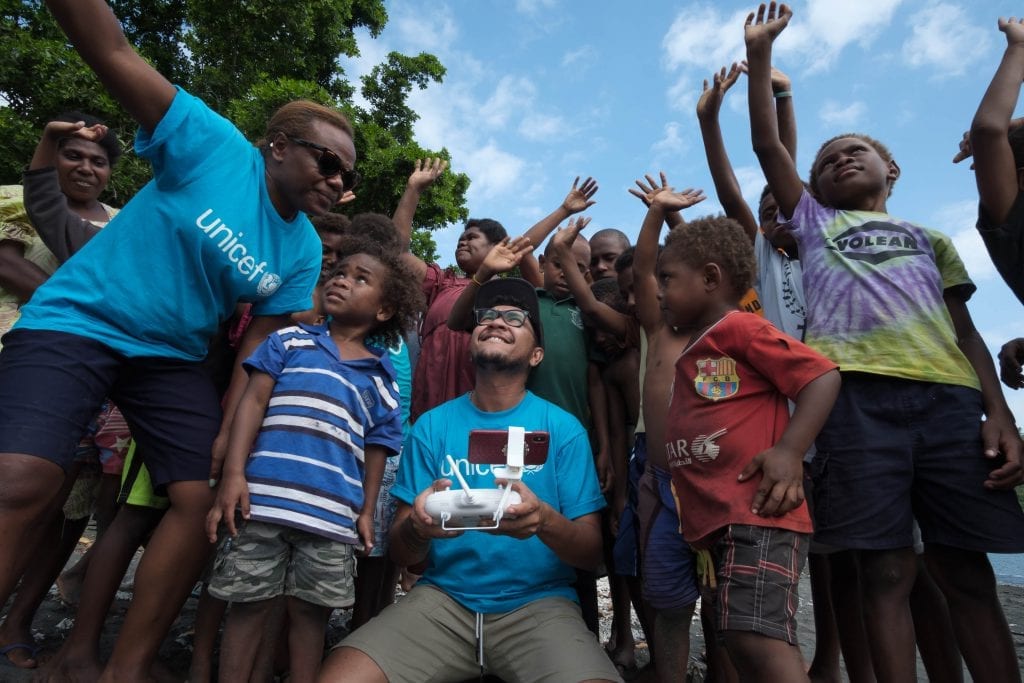
Jospeh Hing and Rebecca Olul introiducing the chgildren of Epi to the magic of drones and how they will be part of a world first drone delivery of vaccines trial to be held in Vanuatu. Credit: UNICEFPacific/2018/Chute
Director General of the Ministry of Health in Vanuatu, George Taleo shared, “Ensuring vital supplies at health facilities are consistently available is an ongoing challenge for Vanuatu due to geography, logistics and high costs. An important step for dealing with some of these challenges to providing healthcare to vulnerable communities is looking at innovative ways such as the use of drones.”
During the first phase of the drone trials in December, drones will take off from the old Takara airstrip, North Efate. Flying over the offshore islands of Emao, Pele and Nguna drones will drop off a package at a cordoned off area at Siviri football field returning to land at Takara.
The second phase of the trial, which will transport vaccines to health facilities on the three islands, is expected to commence in early January 2019. The drone trials will engage health care workers from the facilities on the selected islands, as well as teachers, children and government officials, which is vital from the perspective of knowledge and expertise sharing.
This initiative is led by Vanuatu’s Ministry of Health and Ministry of Infrastructure & Public Utilities through the Civil Aviation Authority of Vanuatu. Technical support and financing are provided by UNICEF and the Australian Government’s InnovationXchange Accelerator Fund and supported UNICEF charity, which is the largest vaccine procurer globally.

